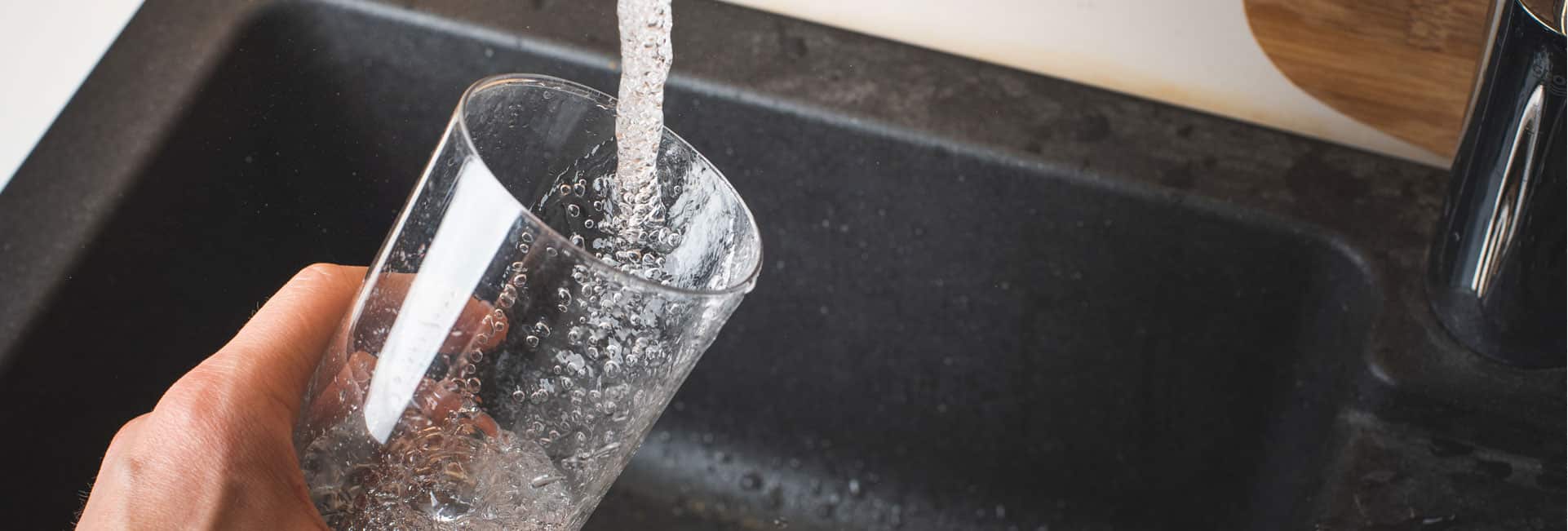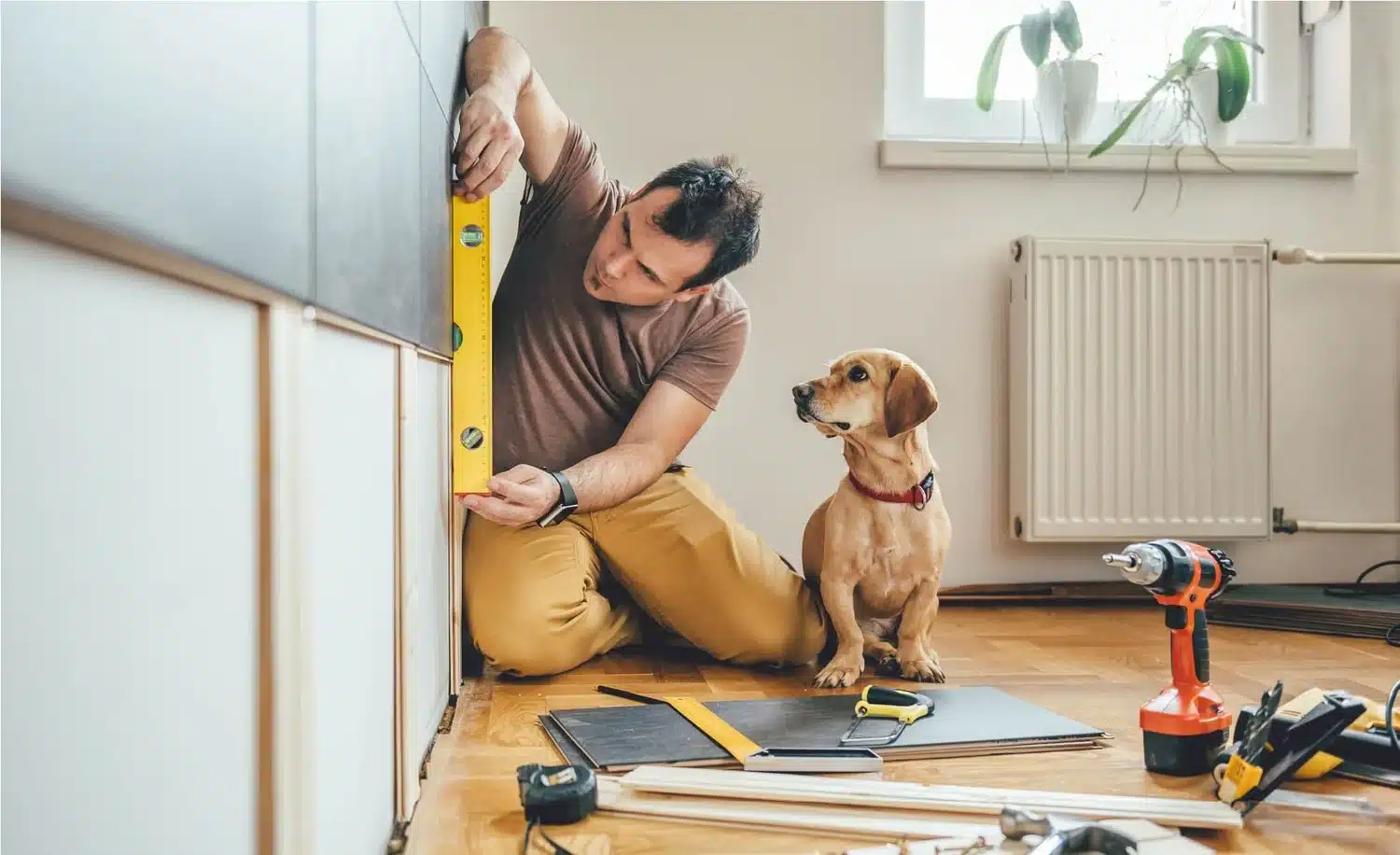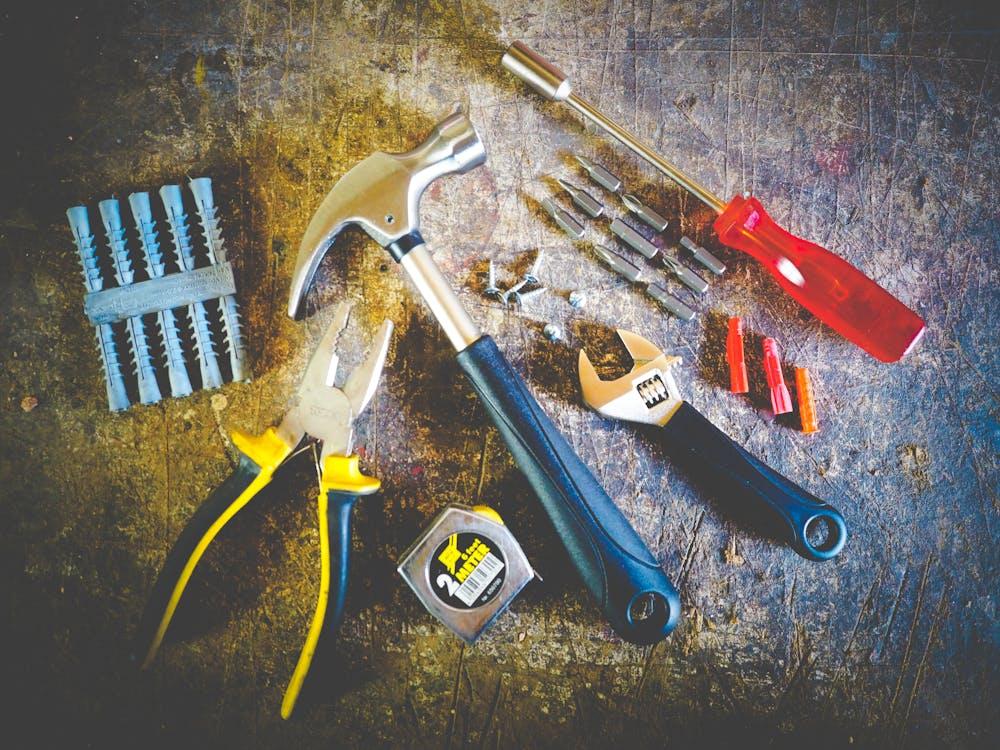Buying your first home is a major accomplishment for anyone but it also comes with quite a few additional responsibilities. For your home to be comfortable and well-maintained, you must play an active role in making sure that the property is in good condition. Not only will this help in the short term, but it can also help prevent costly repairs that may arise in the future.
Here are the essentials of home repair that you need to know.
HVAC Maintenance – Keeping Your Home Comfortable Year-Round
A HVAC system that has been well-maintained is crucial keeping your home at a comfortable temperature and reducing energy wastage. Regular HVAC maintenance can help increase the system’s life, decrease energy costs, and enhance indoor air quality.
Replacing air filters regularly is one of the easiest and most effective ways to maintain your HVAC system. When the filters are dirty or clogged, the systems are forced to work extra hard while their efficiency is decreased and this may lead to it getting damaged. Change the filters every 90 days, depending on how much they are used and factors like the presence of pets or allergies in the house.
Moreover, homeowners must observe when their HVAC units show signs that they require expert servicing. Unusual sounds, poor airflow, and rooms having different temperatures could signal underlying problems that need specialized intervention.
Water Quality Upgrades – Why You Should Address Hard Water Issues

Hard water can lead to serious issues within a household including but not limited to corroding plumbing, causing dryness on skin and hair after use, and damaging appliances. It’s important to find solutions to hard water concerns early enough to ensure better quality water, increase the durability of domestic sanitary ware, and ensure extra comfort.
Homeowners can conduct an easy hardness test on their water using simple kits sold at DIY stores. If you find out that there’s hard water present, then it might be advisable to go for a water softener to help remove any surplus minerals, like calcium or magnesium, that are commonly found in hard water. On top of that, filtration systems can be used to purify drinking water or treat it to prevent scale buildup in pipelines or kitchen appliances.
Common Home Repairs Every New Homeowner Should Know
Thorough house upkeep requires attention even during minor breakdowns so that they don’t turn into major costs. If you’re a new homeowner, you must educate yourself on some basic home repair techniques to save money and promptly resolve any minor issues that might arise in your day-to-day life. Here are some valuable repairs to learn:
- Fixing leaky faucets and running toilets: Small leaks can waste a surprising amount of water over time. Changing washers, tightening connections, or putting up new seals should fix these problems quickly most of the time.
- Sealing drafts: Gaps around windows and doors can cause drafts that let heat in during the summer and cold in during the winter. This can make your A/C or heating system work harder than it needs to, incurring hefty costs in the long run. To get rid of drafts, you might need to add weatherstripping or caulk around your windows and doors.
- Patching drywall and repainting: Some people think that scuffed walls or small holes are just part of normal wear and tear from living in a home. While this is true, it’s also very easy to fix these problems. If you don’t take care of these problems when they initially arise, they can eventually start to make your home look old or uncared for.
Keep in mind that some repairs you can do yourself, but others are best left to the professionals, especially if you’re just beginning to learn the basics.
Home Improvement Projects That Add Long-Term Value

In addition to repairs, there are other upgrades you can make to improve your comfort and increase the value of your home. When choosing what to upgrade, try to pick things that will help you save money in the long run as well as make your home sell for more if you decide to move in the future. Here are some such upgrades:
- Smart thermostat installation: These thermostats learn your schedule and household patterns so they can turn the heat or AC off when you’re not home. They also let you change the temperature from anywhere with your phone.
- Upgrading insulation: Insulation keeps cool air in during the summer months and warm air in during the winter months. The better insulated your house is, the lower your heating and cooling costs should be. Check attics, basements, and crawlspaces to see if more insulation is needed.
- Landscaping and curb appeal improvements: Believe it or not, planting a tree is one of the best ways to improve curb appeal (how your home looks from the outside). Further, a well-placed tree can even help cut your energy costs.
Conclusion
New homeowners need to maintain their homes at all times by being proactive about necessary repairs and smart upgrades to create a cozy and efficient space. Regular maintenance like HVAC system upkeep and making sure the water quality is up to the mark can help avoid expensive repairs and increase the value of your home.
If you learn how to make small repairs yourself and think about what upgrades you might want in the future, your homes will continue to be places of comfort and security for years to come. Not only will investing in improvements now save money, but it will also make you happier overall.

